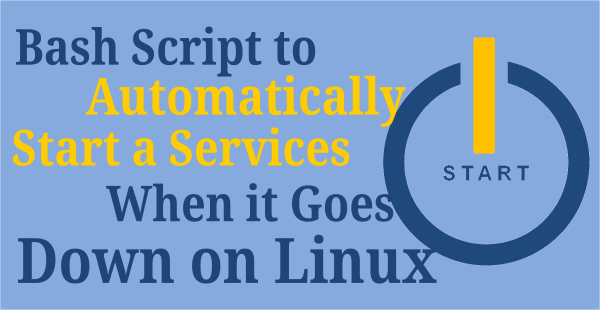
Three ways to exclude a specific package from yum update
As part of system update, you may need to exclude few of the packages due to application dependency in Red Hat based system. If so, how to exclude and what …
Three ways to exclude a specific package from yum update Read More







